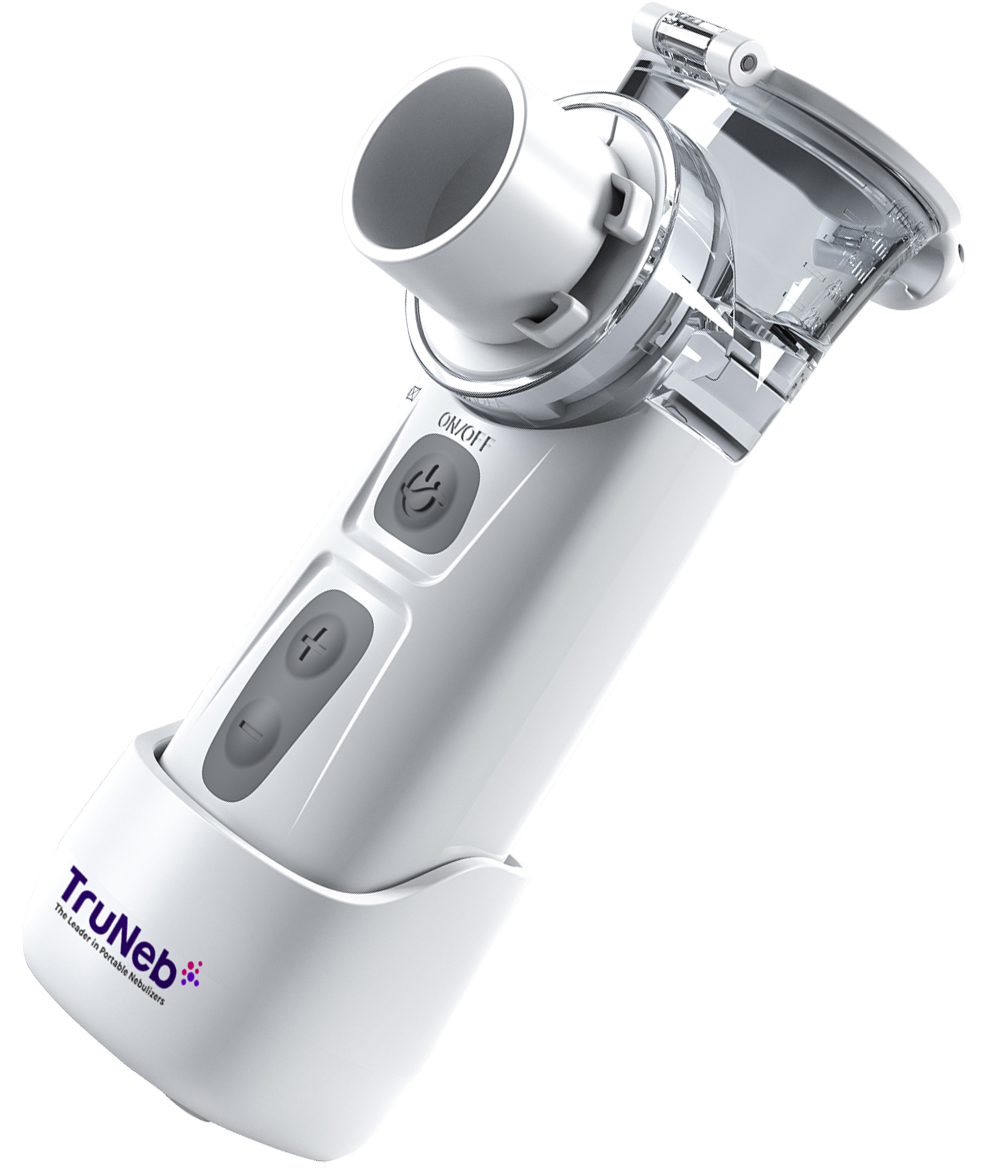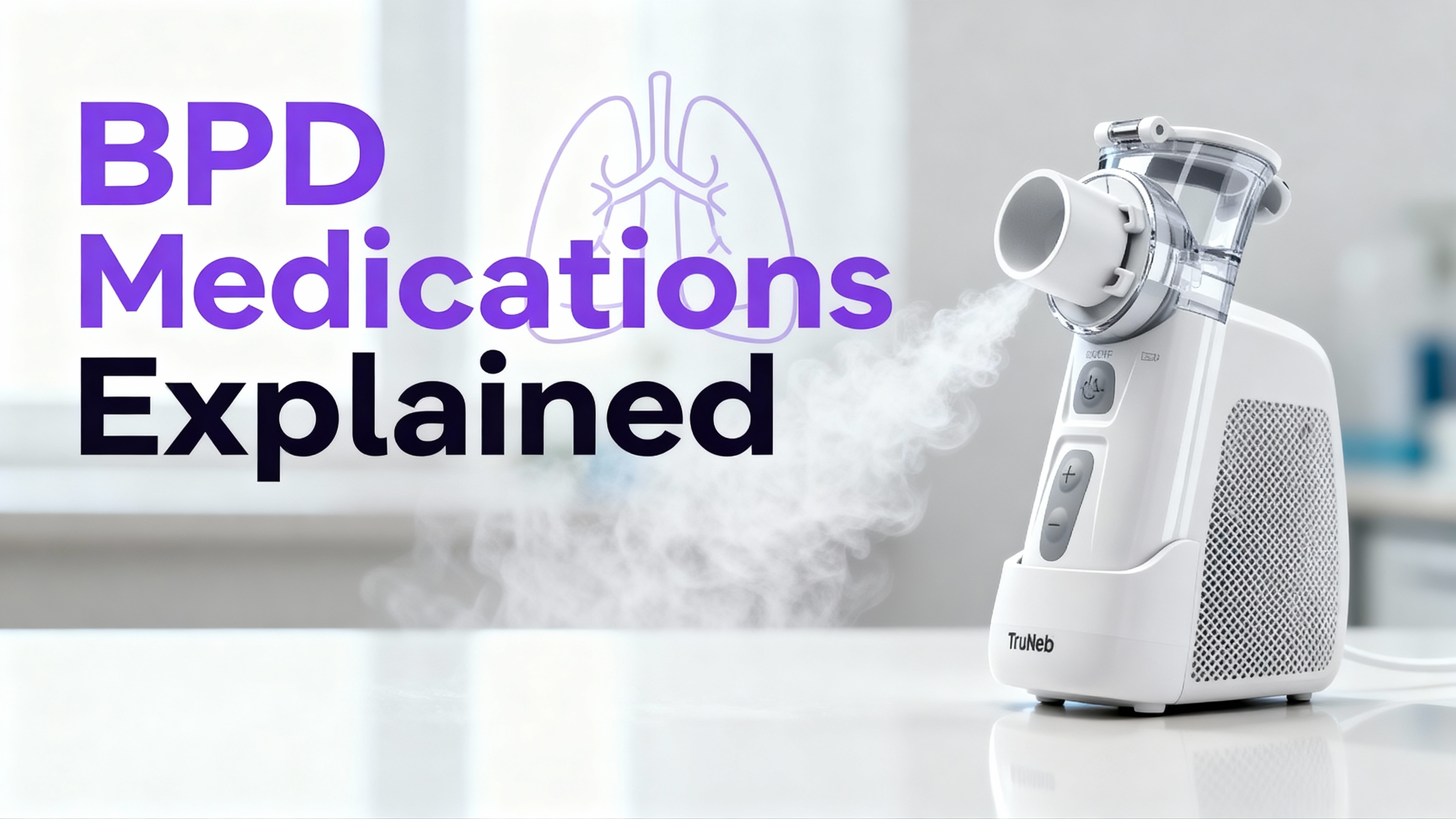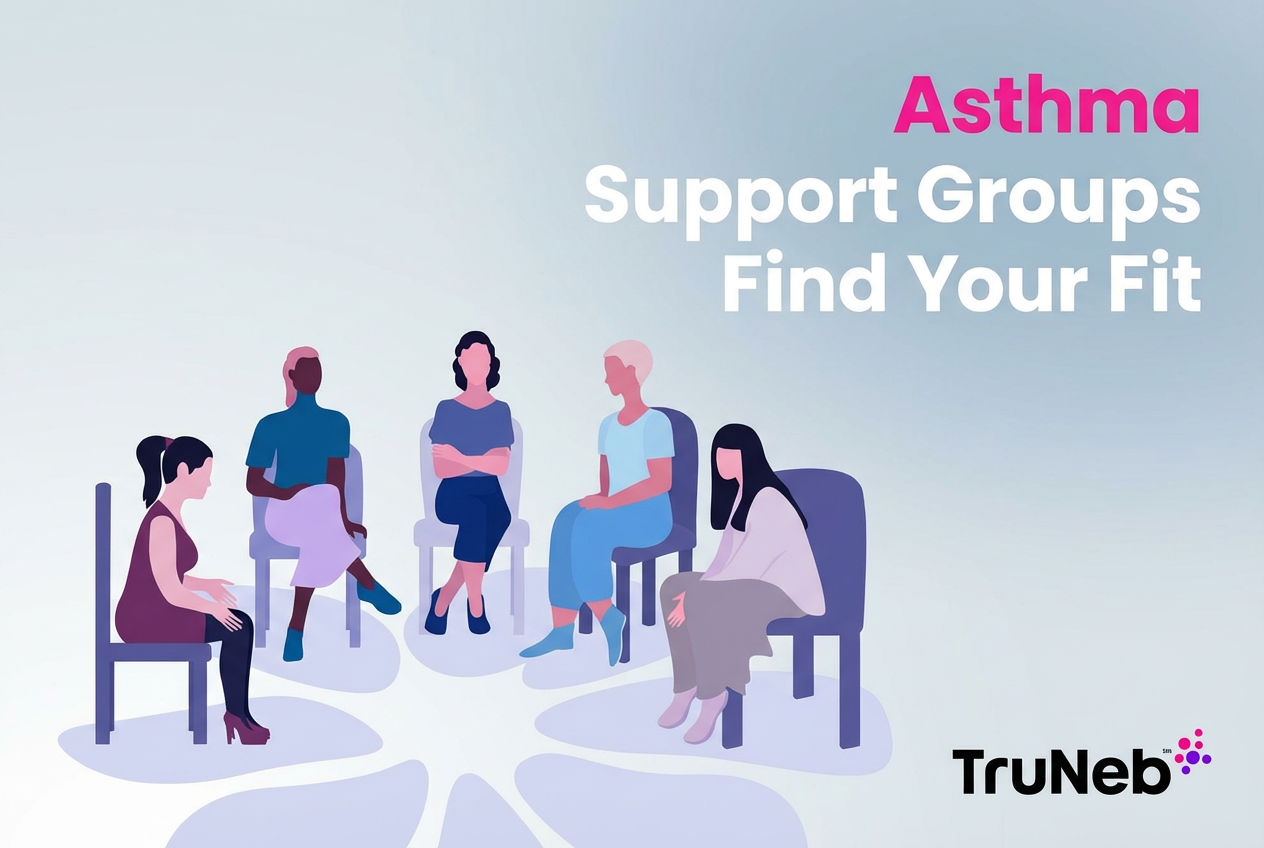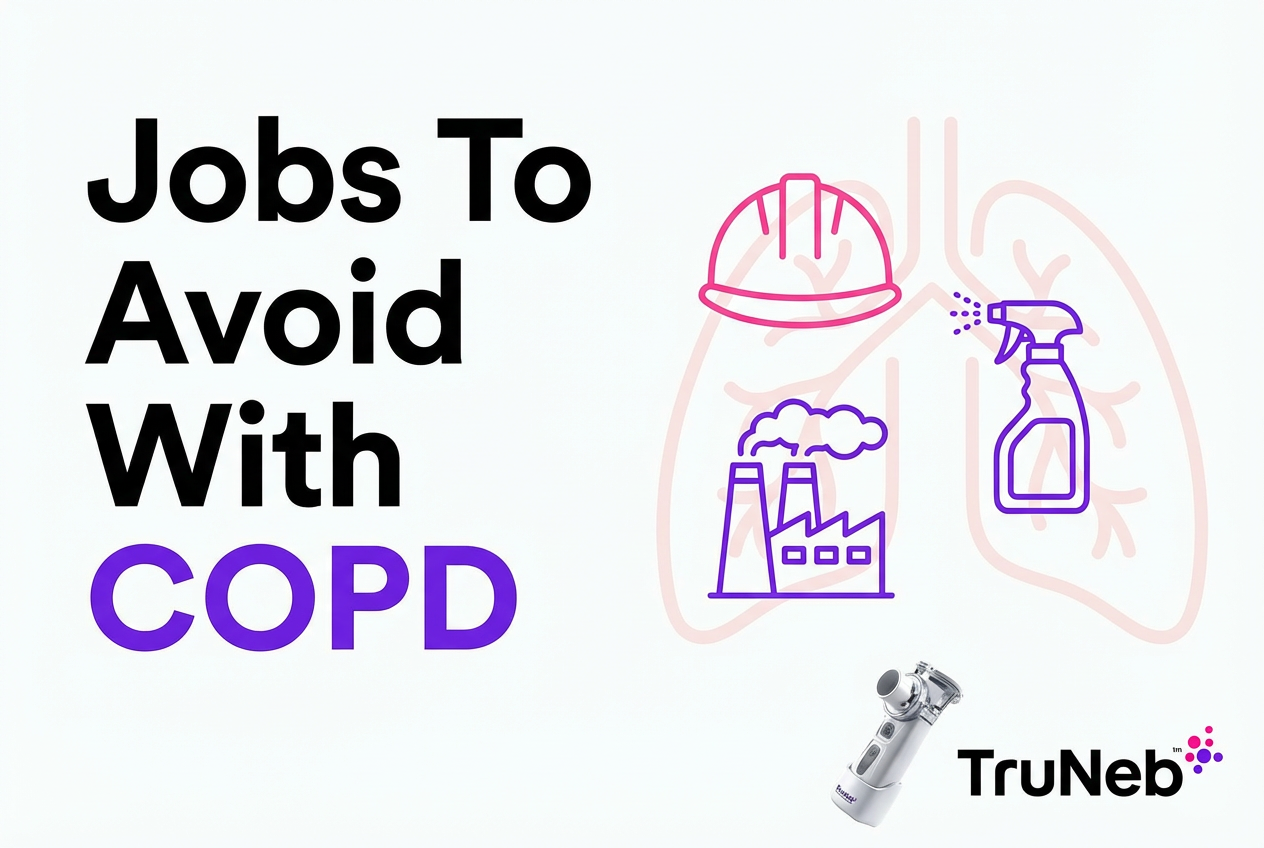On this page

Introduction – Is Sleep Apnea Genetic?
Yes, sleep apnea can run in families. Obstructive sleep apnea (OSA) is partly hereditary, while central sleep apnea (CSA) is usually tied to medical issues and isn’t typically inherited. If a close relative has OSA, your risk can be higher.
Obstructive sleep apnea can be hereditary, while central sleep apnea is usually not inherited.
We’ll also cover sleep apnea risk factors you can change versus the ones you can’t.
Rule of thumb: Family history increases OSA risk, but genes are only part of the story.
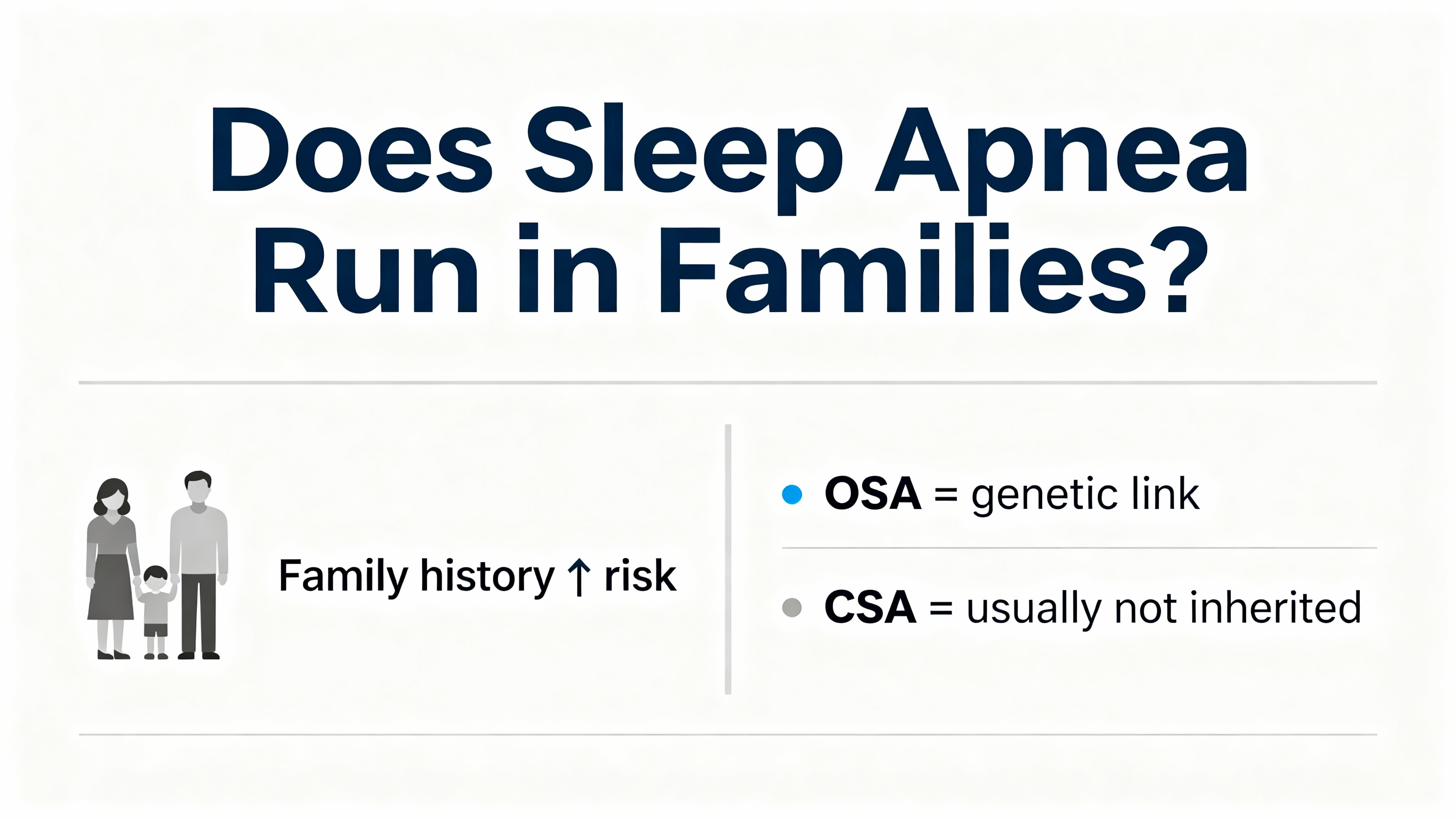
Family History and Inherited Risk
Having a first-degree relative (parent, sibling, or child) with obstructive sleep apnea is linked to about a 50% higher risk than the general population. It isn’t a guarantee—just higher odds.
Families share genes—and usually share habits, body types, and sleep environments—so risks can add up.
Family and twin studies show OSA is heritable.
Why Genes Influence OSA
Genes can shape traits that make airway blockage more likely during sleep. The big ones are:
- Airway anatomy and jaw and facial structure: Inherited features like a smaller jaw, narrow throat, high-arched palate, or a larger tongue can narrow the airway.
- Body weight, fat distribution, and neck circumference: Genetics affect BMI and where you carry weight, including the neck. More tissue around the airway can make it collapse more easily.
- Muscle tone and breathing control: Some people inherit lower throat muscle tone or differences in how quickly your brain wakes you up, which can allow pauses in breathing to last longer.
- Sleep patterns: Genetic differences in sleep depth and rhythms can affect how quickly you wake up after an apnea.
Key takeaway: Inherited traits can tip the scales toward OSA, but they work alongside lifestyle and health factors.
Genetics vs Other Sleep Apnea Risk Factors
Sleep apnea risk factors fall into two buckets: fixed factors you can’t change and modifiable ones you can work on.
| Factor type | Examples | What it means for risk |
|---|---|---|
| Fixed factors | Family history, airway shape, jaw/facial structure, male sex*, older age* | Raise baseline risk; you can’t change these, but you can manage around them |
| Modifiable factors | Weight, neck size, alcohol near bedtime, smoking, nasal congestion, sleep position | Changes here can lower your risk and symptoms, even with a family history |
*Note: Male sex and older age are fixed risk factors but not strictly genetic.
Changing modifiable factors can reduce symptoms even if OSA runs in your family.
Genetic Conditions and Special Cases
Some inherited conditions raise OSA risk because of anatomy or muscle tone. Examples include Down syndrome, Prader–Willi syndrome, and other conditions that affect jaw size, tongue size, or airway shape. These traits can make airway blockage more likely.
Central sleep apnea is different. It is usually not inherited. A very rare exception is congenital central hypoventilation syndrome, which is linked to a gene change and causes central apnea from birth.
Bottom line: Certain genetic syndromes strongly raise OSA risk, but most people have a mix of smaller inherited traits plus lifestyle factors.
What You Can Do if It Runs in Your Family
You can control several risk factors:
- Keeping a healthy weight can help keep the airway open.
- Avoiding alcohol near bedtime can reduce throat muscle relaxation.
- If you smoke, quitting can reduce airway inflammation - ask your doctor for help.
- Watch for symptoms such as loud snoring, choking at night, or daytime sleepiness.
- If you notice symptoms, talk to your doctor about a sleep evaluation. They can order a home sleep test or an in-lab study.
💡 Note: Phone apps and snore trackers can’t diagnose sleep apnea. Only a sleep study can confirm it.
⚠️ Warning: Seek urgent care if you have severe sleepiness while driving, chest pain, bluish lips/face, or you stop breathing for long periods. For ongoing symptoms, talk to your doctor.
Genes set the stage; your daily habits and getting checked shape the outcome.
Conclusion
In short, obstructive sleep apnea (OSA) often runs in families, while central sleep apnea (CSA) is usually not inherited. Healthy habits and early evaluation can help you stay ahead of it.
Frequently Asked Questions
Tap or click a question below to see the answer:
Central sleep apnea is usually not inherited. It is commonly linked to heart or brain conditions or certain medicines. By contrast, obstructive sleep apnea has a clearer family link.
About 40% of differences in apnea severity (AHI) are due to genetics; the rest relates to environment and lifestyle. This reflects severity, not the absolute chance of having OSA.
No. A parent with OSA raises a child’s risk, but it isn’t guaranteed. Healthy weight, good sleep habits, and early checks can lower the chances.
There is no single inheritance pattern. OSA is influenced by many small genetic effects plus environment, so it can appear in some relatives and not others.
No single genetic test can diagnose sleep apnea. Diagnosis relies on symptoms and a sleep study.
Disclaimer: This article is for informational purposes only and isn’t a substitute for professional medical advice. If you notice loud snoring, breathing pauses, or daytime sleepiness, talk to your doctor about a sleep evaluation.

